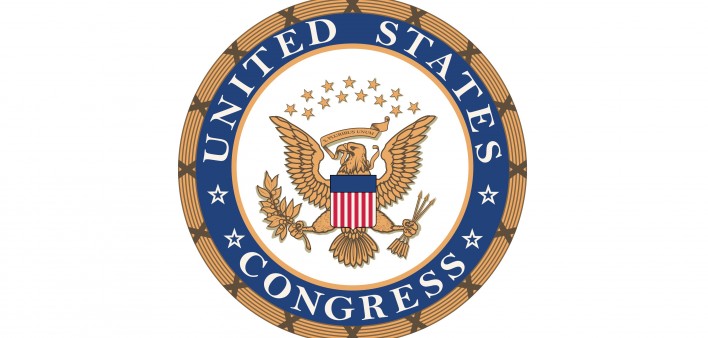On June 22nd, two briefings on Capitol Hill took place to educate Congressional staffers and community members about the HIV Clinical Services Improvement Act. The bill would strengthen and increase the sustainability of HIV clinics by making all Ryan White Part C clinics eligible for enhanced Medicaid reimbursements, similar to how Federal Qualified Health Centers (FQHCs) are currently reimbursed.
S. 2097 was introduced by Sen. Tammy Baldwin (D-WI) and H.R. 3637 was introduced by Rep. Mark Pocan (D-WI-2) in September, 2015 and the well-attended briefings were sponsored by both offices. Both bills have been endorsed by AIDS United along with HIV Medicine Association, AIDS Arms, Inc., AIDS Resource Center of Wisconsin, and the Ryan White Medical Providers Coalition. The act ensures an equitable reimbursement rate for all clinics that receive Part C funding while also requiring clinics to meet reporting standards and deliver high-quality care. With increased funding, the act would allow clinics to expand HIV medical services for more clients while improving the care they deliver.
Panelists included Bill Keeton, the Vice President of the AIDS Resource Center of Wisconsin, Carolyn McAllaster, the Project Director of the Duke HIV/AIDS Policy Clinic and the Southern HIV/AIDS Strategy Initiative, and John Carlo, the CEO of AIDS Arms, Dallas. All three described the importance of Ryan White funding in strengthening services the 500,000 people living with HIV who are served by the 350 HIV clinics across the country.
Carolyn McAllaster described the disproportionate HIV epidemic in the deep South and how the Clinical Services Improvement Act could positively impact the region. For example, people living with HIV from the suburban or rural South experience higher death rates compared to their counterparts from urban areas.
Dr. Carlo shared a story about a client named Clara who came into an AIDS Arms clinic needing HIV treatment, prenatal care, and had diagnosed yet untreated depression. Despite all of these medical circumstances, the Texas Medicaid program would only reimburse the clinic $34 for her visit. “This is not enough money to cover the network of systems needed to treat our patients,” emphasized Dr. Carlo.
This act will help sustain Ryan White clinics in regions where there are few health care options available for those who are either under-insured or uninsured. This increased reimbursement and access that it would provide will benefit not just the individuals treated, but also the entire community. “Getting people living with HIV into health care and keeping them engaged in health care is not just a personal or primary health care imperative, it is a public health imperative,” explained Bill Keeton.
The HIV Clinical Services Improvement Act is currently seeking cosponsors and is in committee. Contact your legislator today and ask them to cosponsor S. 2097 and H.R. 3637! To learn more, click here to download the entire briefings’ presentation.








Comments
Comments